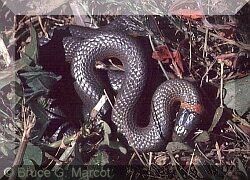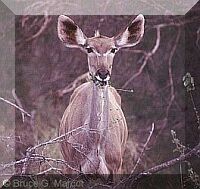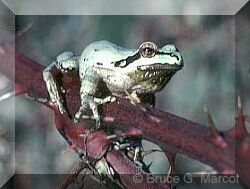The Beasts of the Bible

To make a difference between
the unclean and the clean, and between the beast that may be eaten and
the beast that may not be eaten.
Leviticus 11:47
4 Nevertheless these shall
ye not eat of them that chew the cud, or of them that divide the hoof:
as the camel, because he cheweth the cud, but divideth not the hoof; he
is unclean unto you.

5 And the coney, because
he cheweth the cud, but divideth not the hoof; he is unclean unto you.
6 And the hare, because he cheweth the cud, but divideth not the hoof; he is unclean unto you.
7 And the swine, though he divide the hoof, and be clovenfooted, yet he cheweth not the cud; he is unclean to you.
8 Of their flesh shall ye not eat, and their carcase shall ye not touch; they are unclean to you.
9 These shall ye eat of all that are in the waters: whatsoever hath fins and scales in the waters, in the seas, and in the rivers, them shall ye eat.
10 And all that have not fins
and scales in the seas, and in the rivers, of all that move in the waters,
and of any living thing which is in the waters, they shall be an abomination
unto you:
11 They shall be even an
abomination unto you; ye shall not eat of their flesh, but ye shall have
their carcases in abomination.
12 Whatsoever hath no fins
nor scales in the waters, that shall be an abomination unto you.

13 And these are they which
ye shall have in abomination among the fowls; they shall not be eaten,
they are an abomination: the eagle, and the ossifrage, and the ospray,
14 And the vulture, and the
kite after his kind;
15 Every raven after his
kind;
16 And the owl, and the night
hawk, and the cuckow, and the hawk after his kind,
17 And the little owl, and
the cormorant, and the great owl,
18 And the swan, and the
pelican, and the gier eagle,
19 And the stork, the heron
after her kind, and the lapwing, and the bat.
20 All fowls that creep, going upon all four, shall be an abomination unto you.
21 Yet these may ye eat of
every flying creeping thing that goeth upon all four, which have legs above
their feet, to leap withal upon the earth;
22 Even these of them ye
may eat; the locust after his kind, and the bald locust after his kind,
and the beetle after his kind, and the grasshopper after his kind.
23 But all other flying creeping things, which have four feet, shall be an abomination unto you.
24 And for these ye shall
be unclean: whosoever toucheth the carcase of them shall be unclean until
the even.
But then why deny the consumption of pigs and rabbits, as well as the purely carnivorous diurnal raptors and the owls, the insectivorous bat, the insects (except for locuts, beetles, and grasshoppers!), cursorial species, and so on, which can be healthy and nutritious parts of one's diet, as they are in so many parts of the world? Snakes, guinae pigs, ants, termites, and other "creeping things" are also eaten in many parts of the world.
The answer came to me when I researched the meaning of the word "defile." According to my dictionaries, defile means, in part, to "desecrate," which in turn means "to profane (the name of)," "to violate the chastity of," and, most importantly, to "abuse the sacredness of."
So, to be "defiled" by consuming "any manner of creeping things" may mean to become profaned, unchaste, and unholy. But why, then, would one become profaned, unchaste, and unholy by consuming "creeping things" and other listed animals? It may be because these animals are, in some sense, to be honored and respected, that is, they themselves are sacred and chaste, and to consume them profanes oneself.
That is, for people to consume something that is sacred (these wildlife) is become unchaste and unholy.
To further explain this, Leviticus 11:44 refers to eating
these animals as "unclean;" and "unclean" is defined, in part, as "morally
impure (ceremonially impure)." This is a far different definition
than simply foul or dirty or unhealthy.
The Zen of the Bible
19 For that which befalleth the sons of men befalleth beasts; even one thing befalleth them: as the one dieth, so dieth the other; yea, they have all one breath; so that a man hath no preeminence above a beast: for all is vanity.
20 All go unto one place;
all are of the dust, and all turn to dust again.
A Mission From God
(A little preamble: I intend this section to be a bit whimsical. But it does raise a fun and interesting point.)